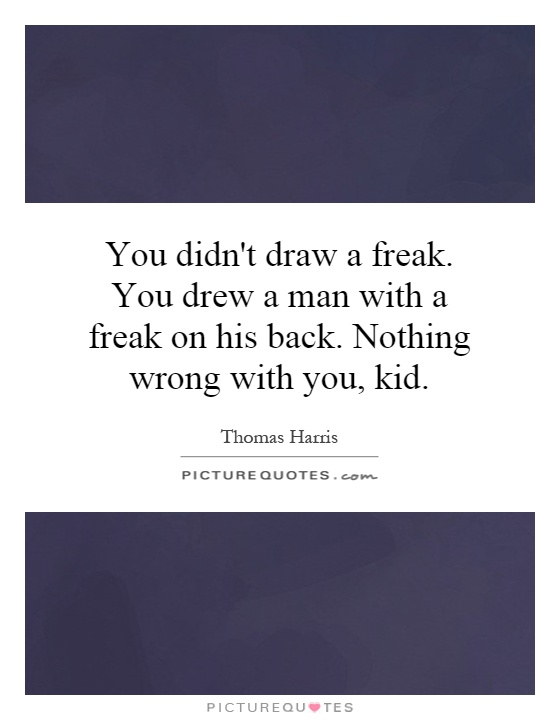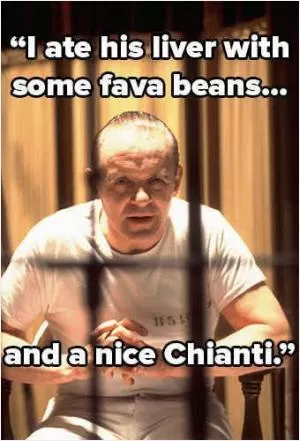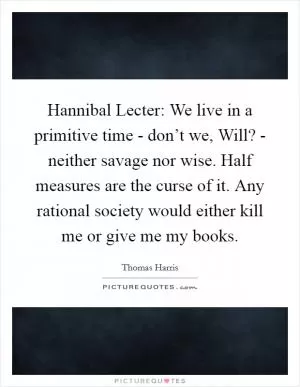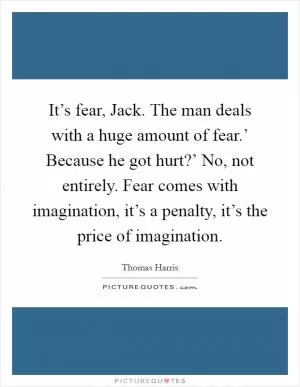You didn't draw a freak. You drew a man with a freak on his back. Nothing wrong with you, kid

You didn't draw a freak. You drew a man with a freak on his back. Nothing wrong with you, kid
In the world of Thomas Harris, the acclaimed author of the Hannibal Lecter series, the line between good and evil is often blurred. Harris is known for creating complex and morally ambiguous characters, who often straddle the line between hero and villain. One such character is Francis Dolarhyde, also known as the Tooth Fairy, from the novel "Red Dragon."In "Red Dragon," Dolarhyde is a disturbed and violent individual who is driven by his inner demons to commit heinous acts of violence. He is a serial killer who targets families, leaving a trail of destruction in his wake. However, despite his monstrous actions, Dolarhyde is also portrayed as a deeply troubled and tormented individual. He is haunted by his traumatic past and struggles with his own inner demons, which manifest themselves in the form of a split personality known as the Great Red Dragon.
In one particularly poignant scene in the novel, Dolarhyde is confronted by the blind Reba McClane, a woman who has shown him kindness and compassion. Reba tells Dolarhyde, "You didn't draw a freak. You drew a man with a freak on his back. Nothing wrong with you, kid." This line encapsulates the complex nature of Dolarhyde's character, highlighting the internal struggle between his humanity and his monstrous impulses.
Through this line, Harris challenges the reader to look beyond the surface and consider the humanity of even the most depraved individuals. Dolarhyde is not simply a monster, but a man who is grappling with his own inner demons. By acknowledging this, Reba offers Dolarhyde a glimmer of hope and redemption, suggesting that there is still a chance for him to find redemption and overcome his dark impulses.












 Friendship Quotes
Friendship Quotes Love Quotes
Love Quotes Life Quotes
Life Quotes Funny Quotes
Funny Quotes Motivational Quotes
Motivational Quotes Inspirational Quotes
Inspirational Quotes